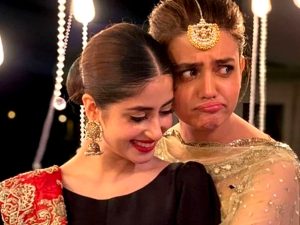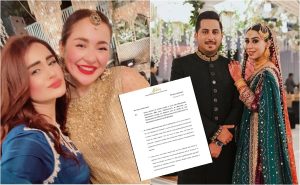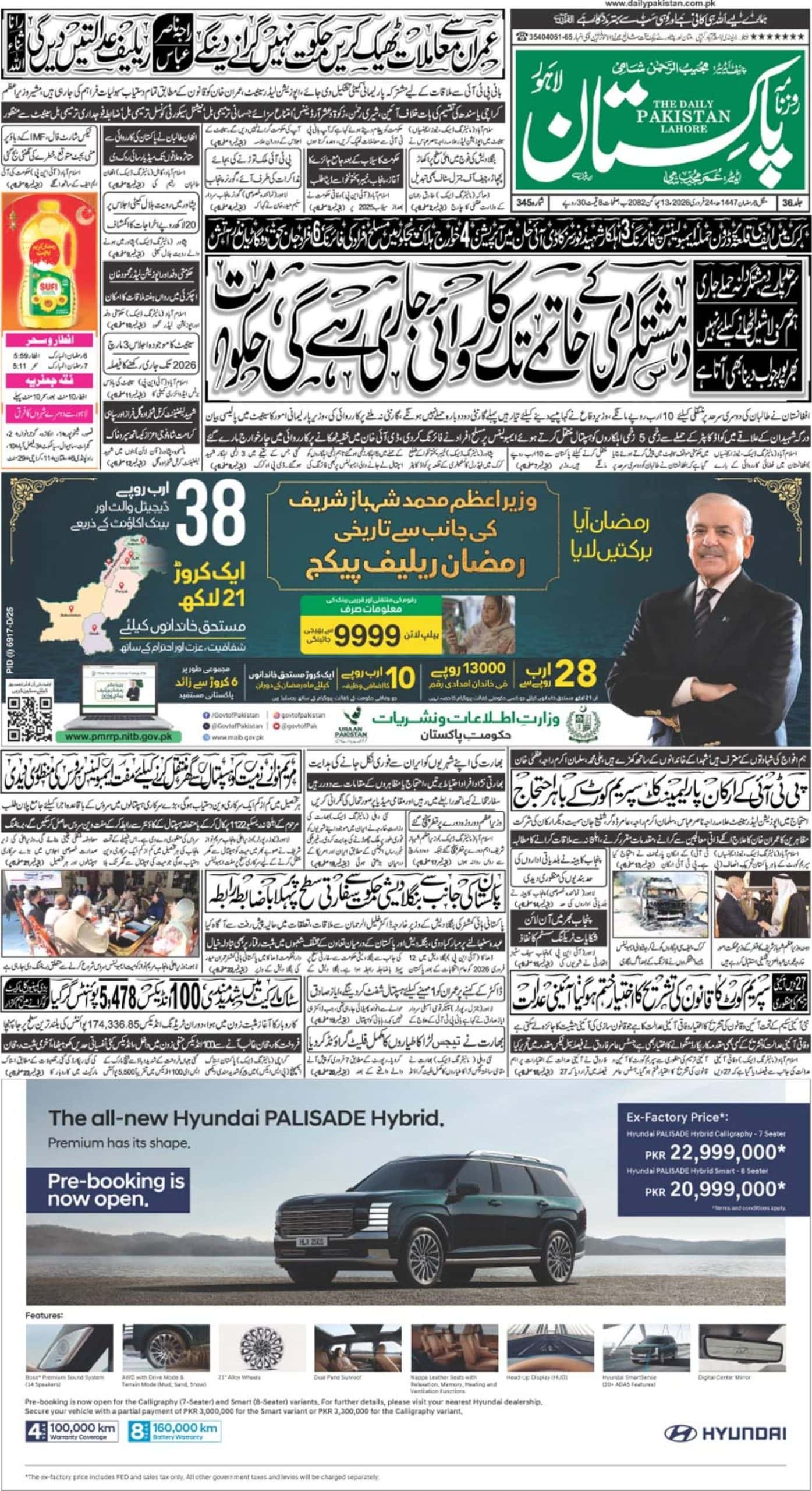MUMBAI – India’s #MeToo movement arrived in a cascade of allegations as women took to Twitter to call out comedians, journalists, authors, actors, and filmmakers – in the process, they have sparked a debate about consent and complicity, BBC reported.
Unlike its American counterpart, it has not been spurred by investigative journalism. Rather, it has been a spontaneous outpouring in the last few days, amplified by journalists themselves. And it has hit Indian media the hardest.
It’s difficult to say what sparked the torrent of allegations. But it seems to have started on October 4 when a young female comedian accused Utsav Chakraborty, a 33-year-old comedian, of sending her an unsolicited photo of his penis. More allegations followed as other women replied to her tweet or she shared private messages they sent her (with their names blurred) – they said he had either sent them photos of his penis or asked them for naked photos of themselves.
Chakraborty, who admitted to the accusation in a series of tweets, apologized the next day. By then, more women, many of them journalists, had begun to share stories of sexual harassment and even assault.
https://twitter.com/MasalaBai/status/1048796264295550976
In the next three days, as more comedians, senior reporters, editors, popular authors, actors, and filmmakers were “outed”, the hashtag #MeToo was trending in India. The scores of tweets – in the form of long “threads” and screenshots of incriminating conversations – have set off a debate about what constitutes harassment, complicity, and consent.
On Friday Anurag Kashyap and Vikramaditya Motwane, two fellow Phantom Films founders, announced on Twitter that they were dissolving the production company.
Kashyap released a further statement over the weekend saying they had not acted earlier because the alleged victim had not wanted to speak out until now.
“Now in hindsight and after taking stock of things myself, I can quite see how I was ill-advised,” Kashyap said.
He added that the company had disciplined Bahl internally by suspending him and barring him from their premises.
Bahl has yet to comment publicly on the allegations.
– ‘Dark underbelly’ –
Stories of bad behavior are also now emerging about men in other sectors.
A Mumbai comedian, Utsav Chakraborty, last week found himself at the center of a Twitter storm accusing him of sending lewd messages to women and young girls such as requesting topless photos.
After an initial dismissal, Chakraborty, who now faces a possible police investigation, tweeted that he has “been the exact monster I’ve been trying to fight all my life”.
Another woman shared screenshots of WhatsApp conversations between her and Chetan Bhagat, one of India’s top-selling authors, in which he propositions her and ignores her objections that he is married.
Bhagat confirmed the veracity of the screenshots and said in a long Facebook post that he was “really sorry to the person concerned” — while also apologizing to his wife.
Meanwhile, The Wire, an online news site, ran an article it said reveals the “dark underbelly” of the Indian media, quoting accusations against at least three newspaper editors.
– Privileged few –
But Rituparna Chatterjee, an independent journalist and a member of the Network of Women in Media group, cautioned that the women coming forward so far were members of India’s minority urban elite.
India’s abysmal record on sexual violence has been the focus of international attention since the 2012 gang-rape and murder of a student on a Delhi bus sparked nationwide protests.
The incident led to tougher sentences and reforms in the country’s rape laws but sexual crime remains rampant. For vast numbers of women, life remains grim — and with no access to Twitter to seek justice. “They have faced bodily and verbal violence all their lives from men they know, relatives, strangers and friends they trust,” Chatterjee told AFP.

“Where are these voices? While it is tremendously important that India’s MeToo moment happens and it is happening, it is equally important to find voices which are not in urban spaces.”
Sexual harassment at the workplace is a phenomenon not only limited to the film industry but has rather spread its hold in almost every profession that there is. Is Bollywood safe for women?
A more accurate question would be “Does Bollywood need to introduce new reforms for the safety of women?” The answer is a solid yes.














